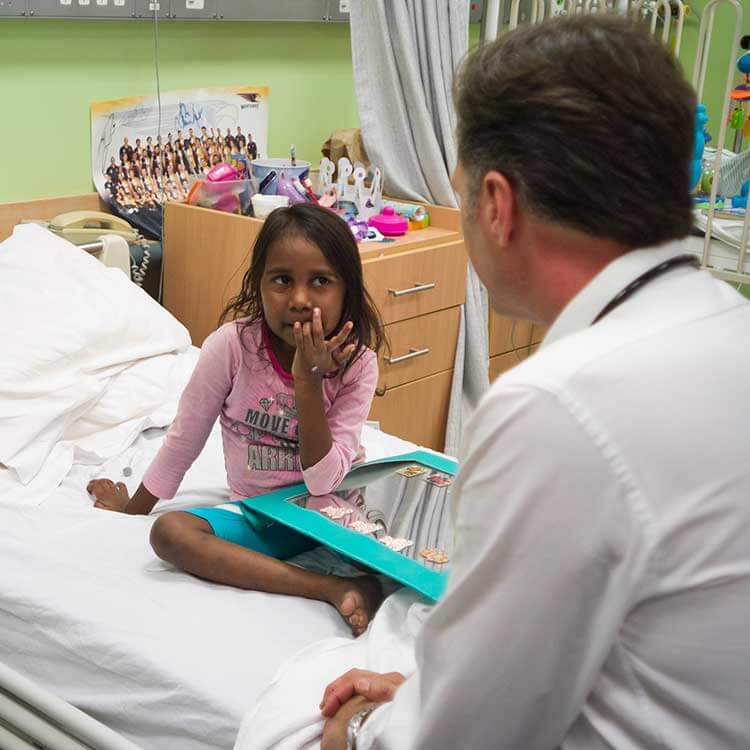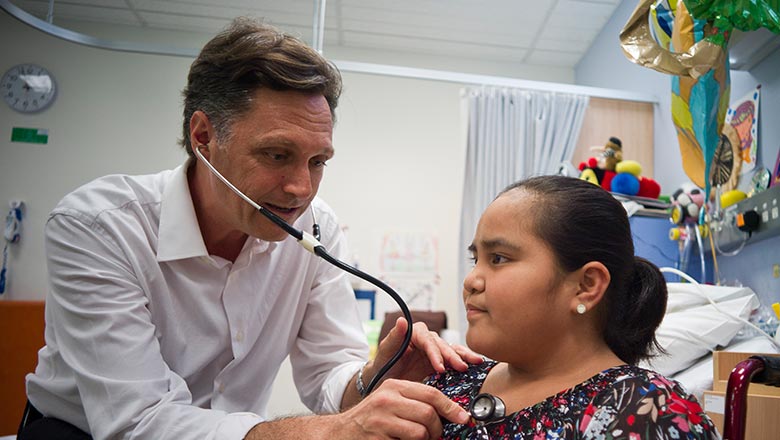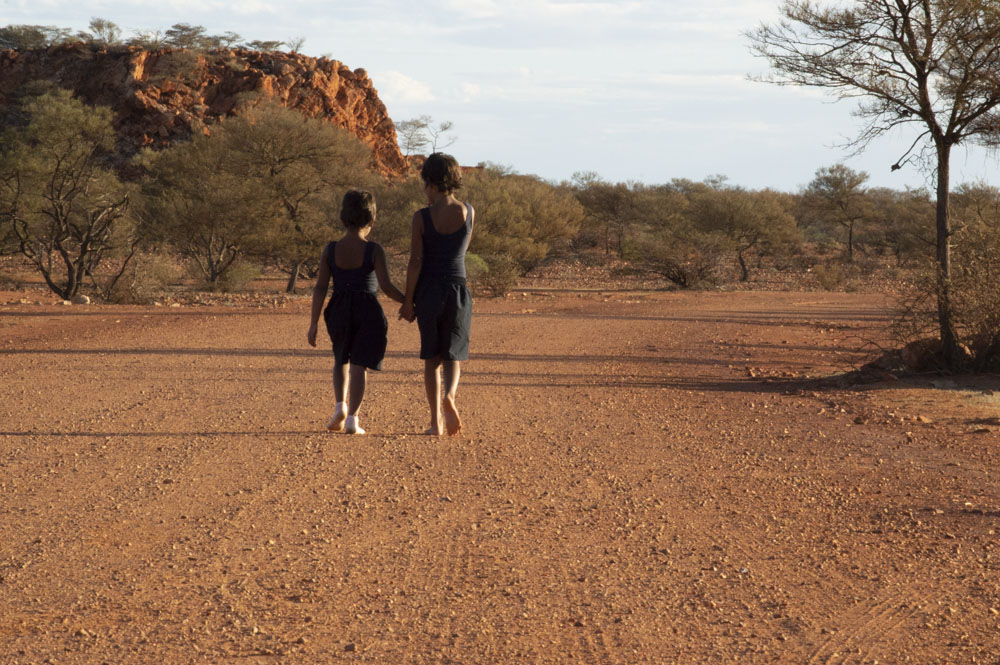Search

News & Events
Skin infections send eight out of every 100 Aboriginal babies to hospitalIn a WA first, researchers from The Kids Research Institute Australia have shown that Aboriginal babies are 22.5 times more likely to be treated for skin infections than non-Aboriginal babies.

News & Events
Bold bid to end rheumatic heart diseaseSome of the nation’s leading medical researchers will converge on Darwin this week to step out a plan to wipe out rheumatic heart disease.

News & Events
Call for Group A streptococcal infections to become notifiable diseasesResearchers at The Kids Research Institute Australia say Group A Streptococcus should become a nationally notifiable disease in Australia.

News & Events
Trans-Tasman partnership to tackle rheumatic heart diseaseResearchers at The Kids Research Institute Australia have begun a comprehensive research project into vaccines aimed at tackling rheumatic fever.

People
Professor Jonathan Carapetis AMInstitute Director; Head, Strep A Translation; Co-Founder of REACH
As Head of Aboriginal Research Development at Telethon Kids, Glenn Pearson believes his work brings us closer to identifying the real and whole Australian story

News & Events
The Kids researchers granted $5 million to prevent RHD across PacificA team led by Dr Joseph Kado from the Wesfarmers Centre of Vaccines and Infectious Diseases, based at The Kids Research Institute Australia, and The University of Western Australia (UWA) has been awarded $5 million by the Federal Government in a major push to prevent rheumatic heart disease across the Pacific.

News & Events
Point-of-care Strep A tests set to save lives in remote settingsInstant diagnosis and treatment of potentially life-threatening Strep A infections is now very close to reality across Australia’s remote and regional areas thanks to molecular point-of-care testing (POCT) that slashes result times from five days to just minutes.

News & Events
Call for urgent funding boost for RHD in AustraliaThere are calls for a significant and urgent injection of $40 million in funding to tackle Rheumatic Heart Disease (RHD) following Monday night’s Four Corners episode.

News & Events
Six-minute Strep A tests dramatically cut wait time in remote settingsChildren at risk of potentially life-threatening Strep A infections no longer have to wait five days for timely treatment, thanks to a The Kids Research Institute Australia study conducted in the remote Kimberley region of Western Australia.
